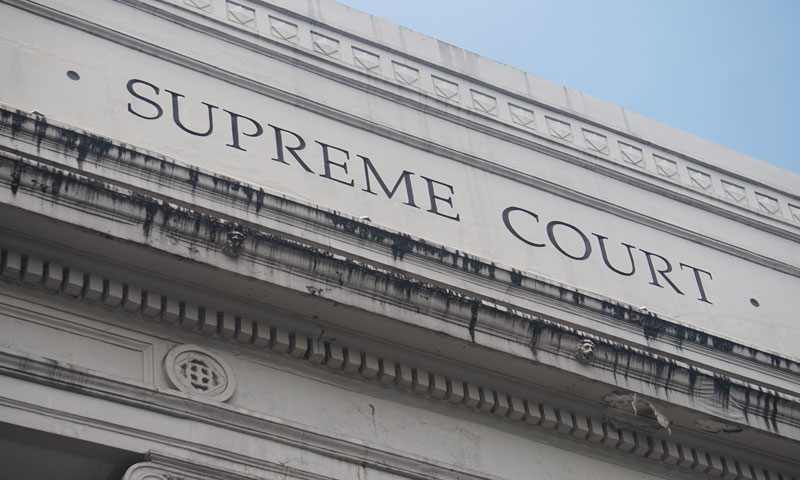
The lawsuit sought millions of dollars in damages for violation of the First Amendment rights of the plaintiffs and human rights law. The lawsuit was dismissed this March because of failure to serve notices on the defendants. However, the judge had put the dismissal on hold and allowed the plaintiffs to propose alternative means to serve Baidu.
In the matter, People’s Republic of China invoked its authority as a sovereign nation and that it was against the spirit of the Hague Convention to allow the plaintiffs to serve notices on Baidu Inc.
However, on Friday night, judge Furman rejected Baidu’s arguments and said the Hague Convention was made to make it easier to serve court papers across international borders. And that it was meant to ensure that recipients had sufficient notice of court documents.
The court held that the plaintiffs could serve notice on Baidu by serving notice to Baidu’s lawyer in U.S.
Furman observed that allowing service within the United States and “in a manner that does not call upon China to effect service (in that country) does not override its invocation of its own sovereignty and security; to the contrary, it honors that invocation.”
The plaintiffs allege that by censoring their political speech on the Baidu search engine, China and Baidu had caused them harm, because the content was available through other popular search engines.
The court gave the plaintiffs 30 days to serve Baidu’s lawyer in the U.S. and 120 days to serve the People’s Republic of China through proper diplomatic channels.
The case is Zhang et al v. Baidu.com et al, U.S. District Court, Southern District of New York, No. 11-03388










































